10 Things Fast Food Restaurants Don’t Want You Knowing
Food, Lists, ShockingEating at a fast food restaurant tends to mean you are in a rush or treating yourself to something a little greasy that day. Most people won’t eat the burgers and fries made by teenagers every single day, and there are plenty of good reasons why you should absolutely not be doing that. Of course, fast food restaurants don’t want you to know plenty of things, so here are ten that you should definitely know. Knowledge is power, after all, and after learning these facts, you may think twice about stopping to the drive-thru after work today.
Grill Marks
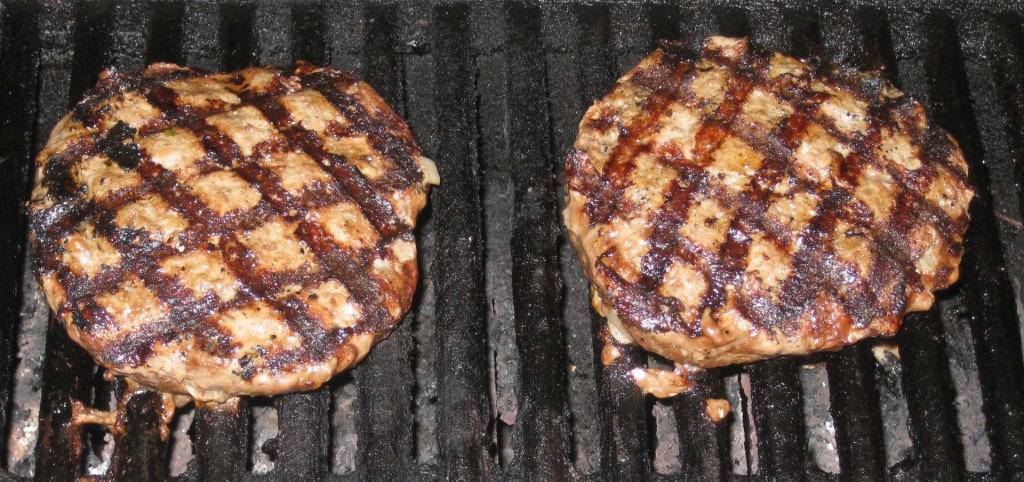
Those exquisite grill marks you see on your burger from McDonald’s or Burger King? Yeah, those aren’t real at all. In fact, the factory tends to put those on before they send the meat to your local restaurant for cooking.
French Fries
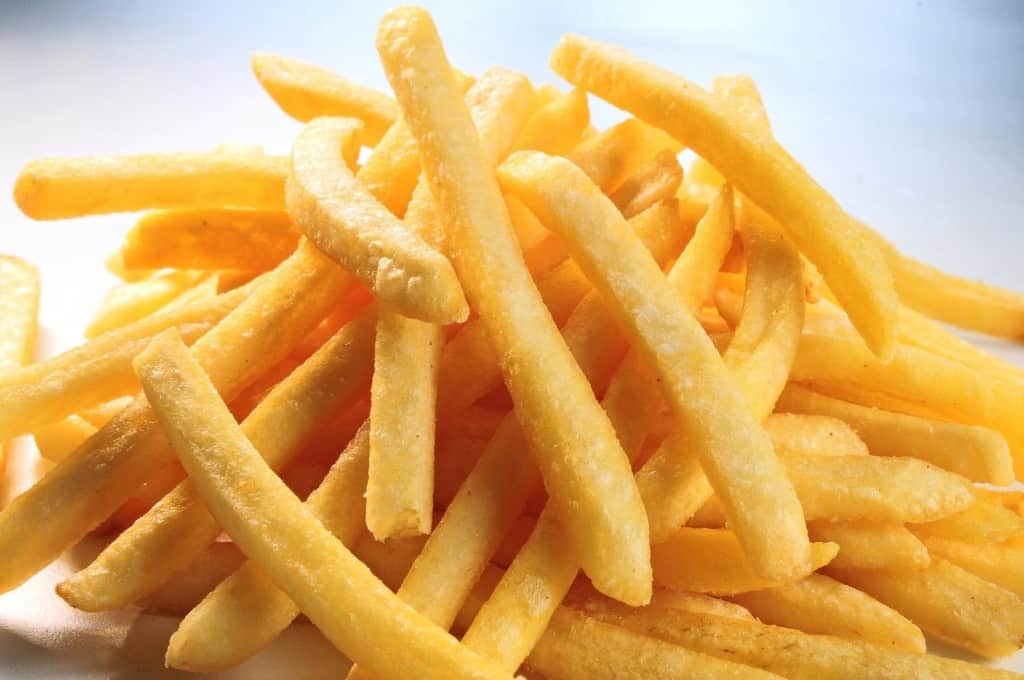
The French Fries you receive with your Happy Meal have probably been sitting in the fryer or the heating bin for quite some time. If you order without salt, though, it will force the restaurant to cook an entirely new batch.
Chili
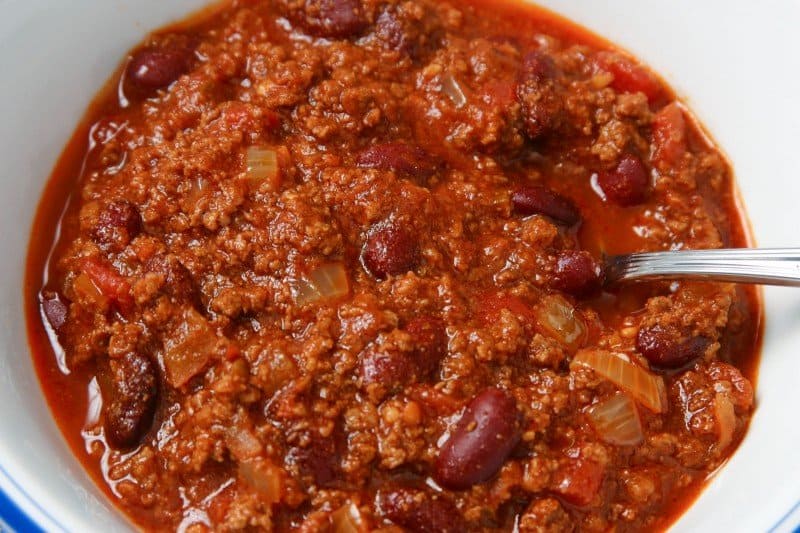
If you order any type of chili from a fast food restaurant, then you are simply getting really old burger meat that wasn’t meant to be consumed on a hamburger bun. The restaurant simply smashes it up and mixes it in.
Salads
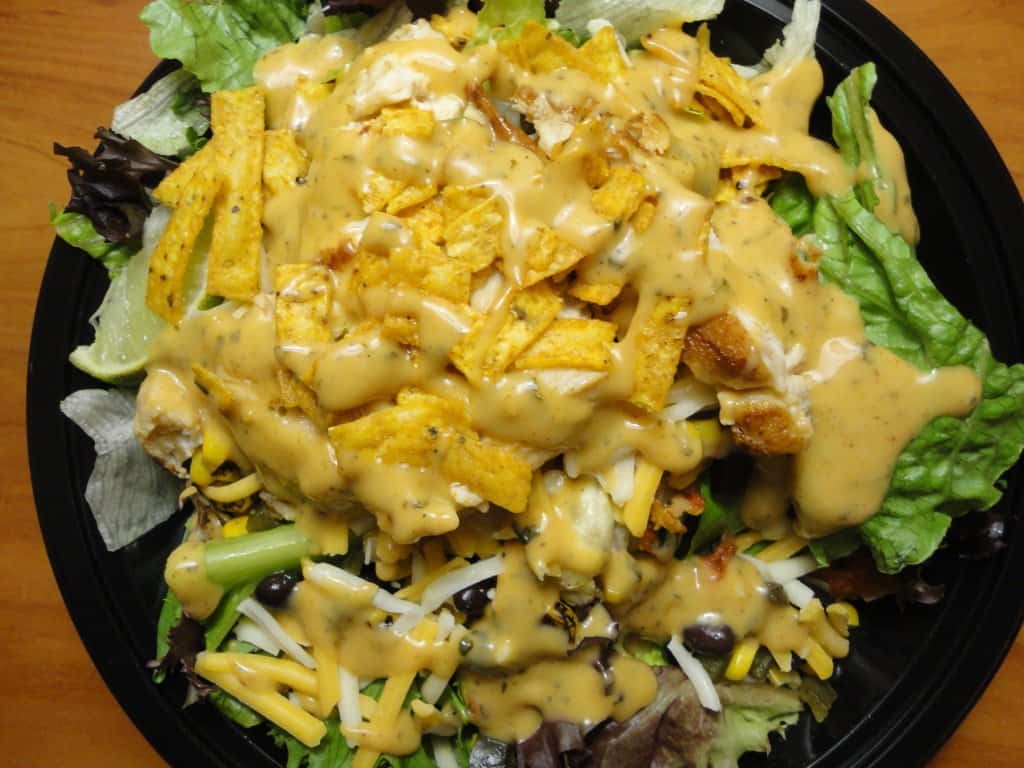
The salads, which are considered the “healthy option” at a fast food restaurant, are actually really, really bad for you. One salad tends to have as many calories as a single Big Mac, in fact.
The Ice Chute
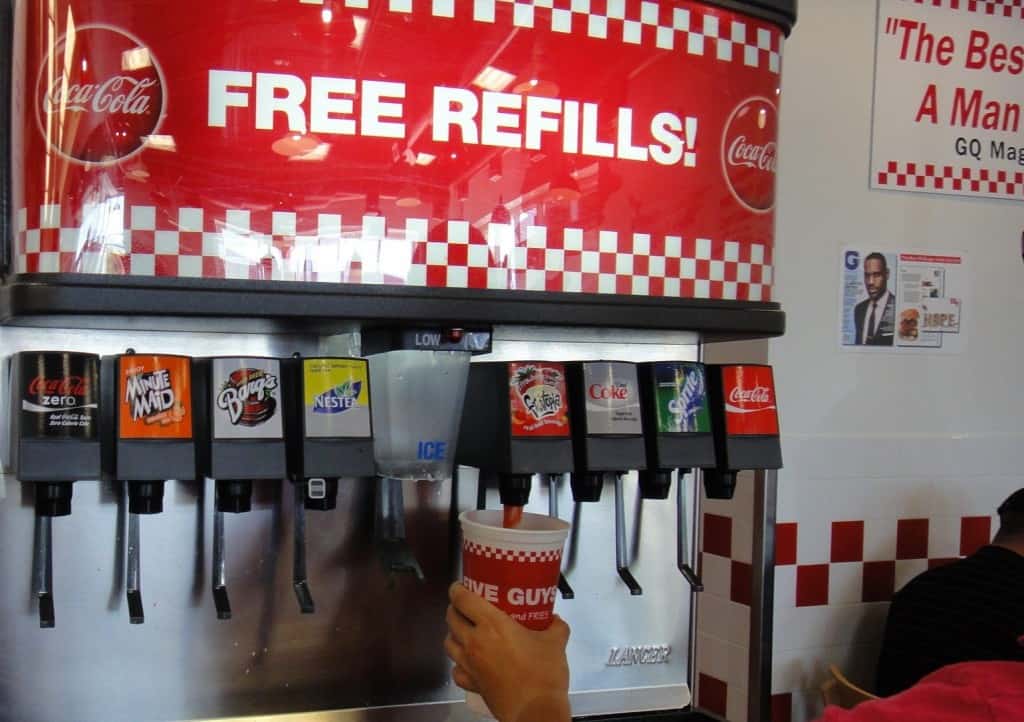
You can determine how clean a fast food restaurant is by peering into the ice chute of their drink dispenser. This will either by covered in mold, or will be clean, which tends to reflect on the cleanliness of the entire restaurant.
Scrambled Eggs
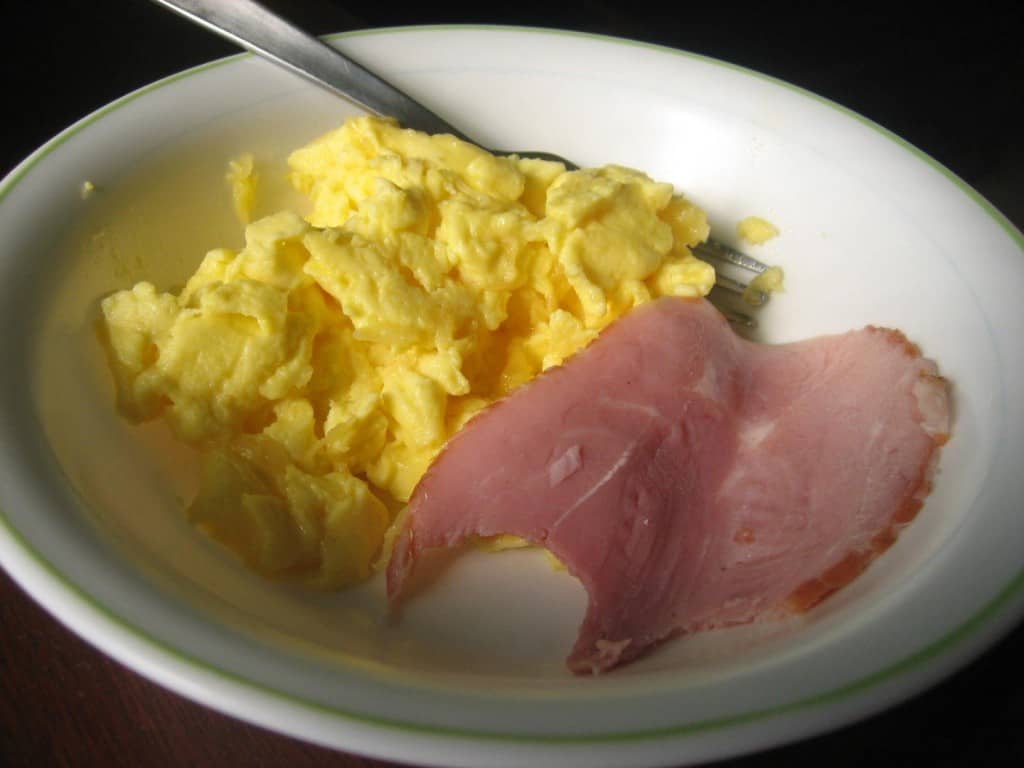
Stopping in for breakfast? The scrambled eggs you are receiving with that platter meal are actually made with nothing more than powder. Throw in some water and then heat the powder up and you receive some eggs.
Refrigeration
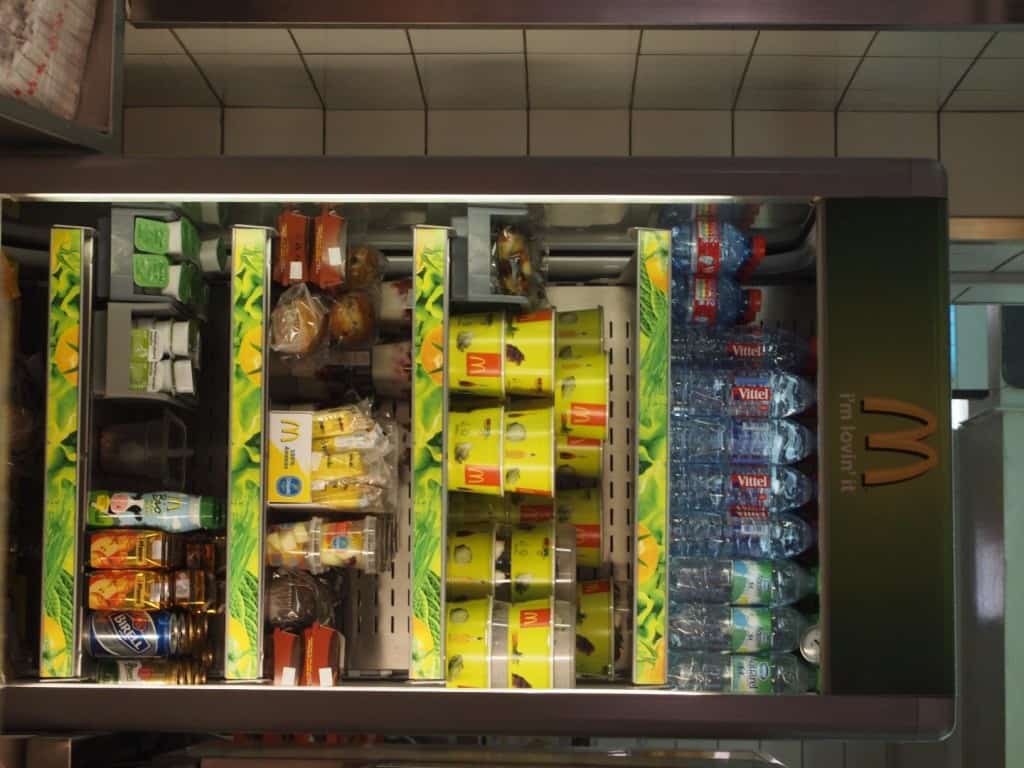
More often than not, any salad you receive has been sitting around for days at a time. The salads at fast food restaurants are put together days in advance are left in the refrigerator until somebody orders one.
100 Cows
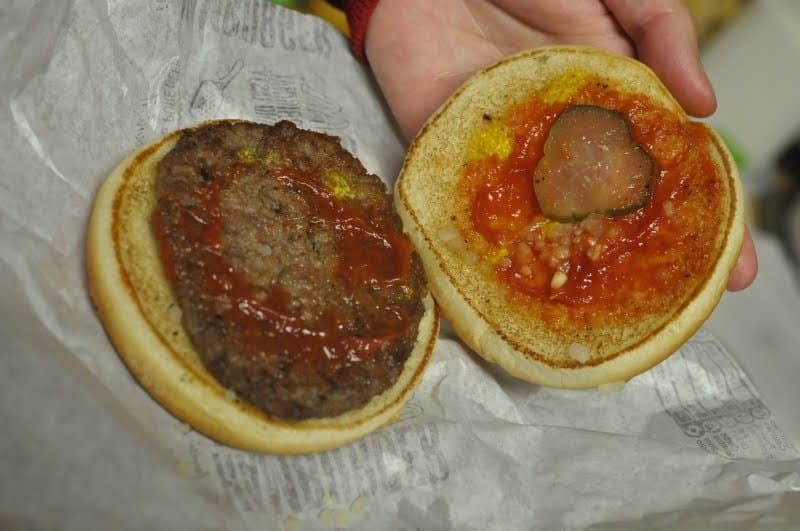
A single hamburger that you order for lunch, which may cost you nothing more than a $1, can actually consist of meat from up to 100 different cows, or perhaps even more.
Domestic Labor
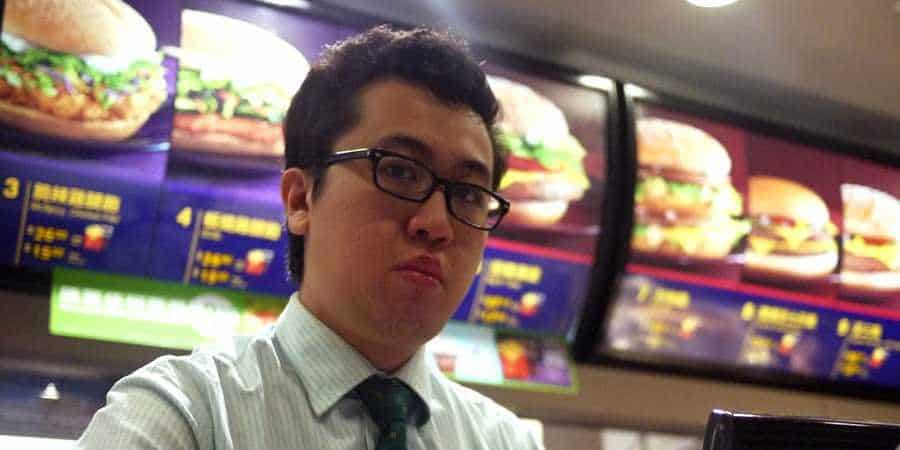
Fast food restaurants are some of the largest exploiters of cheap, domestic labor. The companies actually tend to take part in anti-union activities, too, ensuring their work force remains where they want them.
Extra Sugar
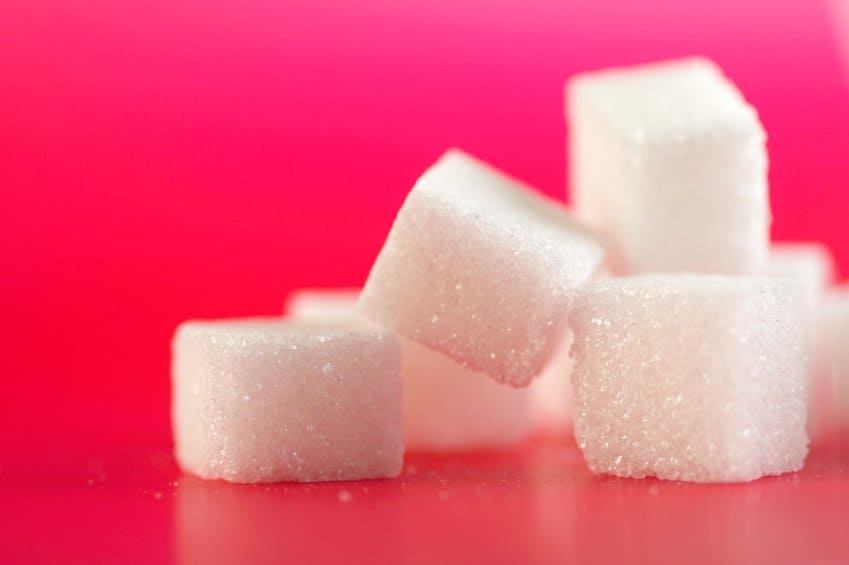
A children’s meal at a fast food restaurant is loaded with more sugar than necessary to ensure it is more appealing and the children return. Pizza crust is even loaded with excess sugar.



